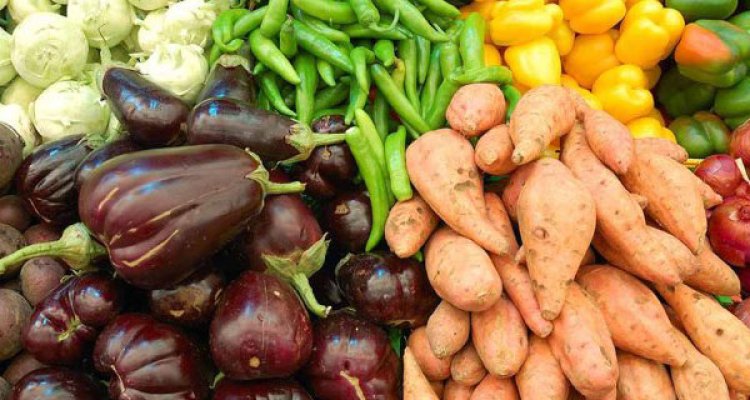
Impact story
Sustainability criteria in trade agreements
Food security depends in large part on transparent agreements on sustainability in food production. Wageningen University & Research (WUR) experts study how these aspects may be included in international trade agreements.
The EU-Morocco Association Agreement, the treaty between the EU and Japan, and the Brexit deal are just some of the many trade deals struck between countries and international organisations to facilitate trade between countries. Agreements of this kind are becoming increasingly important with the growing globalisation.
To date, trade agreements focus mostly on efficiency in production. Sustainability criteria are not prominently included. Nonetheless, eradicating poverty and hunger by making food production more sustainable features at the top of the United Nations (UN) Sustainable Development Goals (SDG 1 and SDG 2). Moreover, trade agreements could have a considerable impact on both the environment and food quality.
Future scenarios
Wageningen economists, climate scientists and other experts map the effects of trade agreements and calculate the impact of possible changes in these agreements. This provides insights into the effects on economic development but also on the environment and climate. This information helps negotiators in making strategic decisions.
For IFAD, an organisation that promotes sustainable agriculture in developing nations, they studied what steps are required to reach SDG 1 and SDG 2. Including sustainability criteria in trade agreements is an excellent incentive for businesses, the experts stress in their report. Environmental impact, such as CO2 emissions, must be included in the pricing of agricultural products. If this is not done, the import of such products may be prevented by instruments such as a CO2-levy.
Support for local farmers
With its recommendations from the study, IFAD is able to take substantiated decisions about its support for local farmers and the setup of its funding system. Consider, for example, investments in drought-resistant crops and growing methods that take the increasing drought into account rather than providing subsidies for fossil fuels and transport. IFAD considers how developing nations may develop into producers of high-nutrient value farm products, such as high-protein crops.
Sustainability criteria
The research report also calls for the inclusion of sustainability criteria in international trade agreements. For example, through prohibiting the import of soy and palm oil from countries that face deforestation. Or by stimulating the import of fair-trade products through which farmers are guaranteed a fair price for a viable income. These insights have been presented at the International Food Systems Summit, an event organised by the United Nations that brings together leading politicians, corporates and researchers from across the globe.